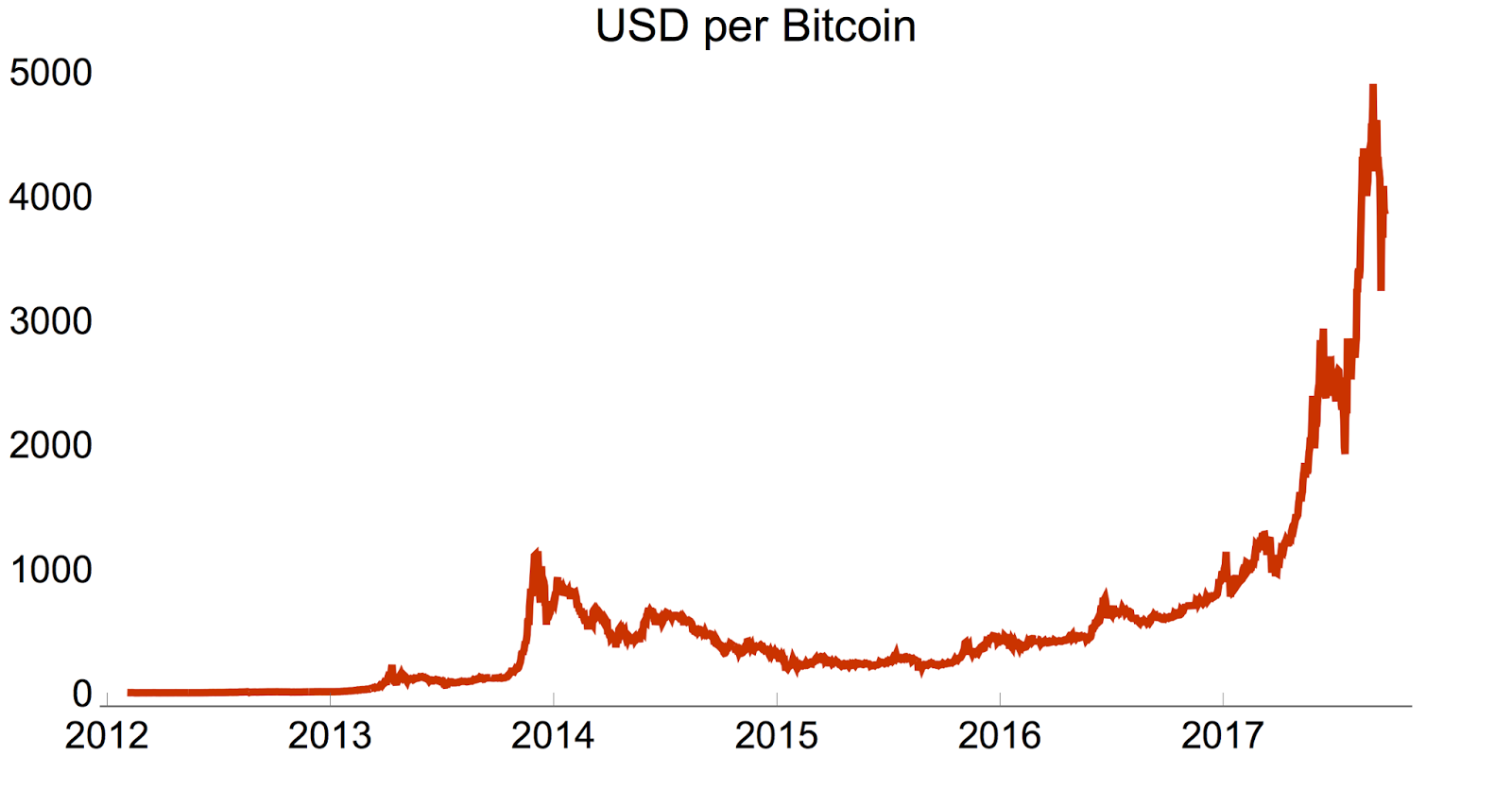After years of being an 'off-limits' topic, a debate has finally emerged in the mainstream media about an appropriate level of immigration to Australia. As a background, immigration levels have been rising steadily since the late 1990s, with record inflows after the financial crisis of 2008, as the below ABS chart shows. The break in the data series is a change in the measurement, now applying a "12/16 month rule" of residency that captures immigrants who travel to their home country periodically, but reside in Australia for 12 out of the past 16 months. This brings the data in line with many other countries, like Canada. The latest mainstream media attention has been at The Guardian , in an article by Tom Westlake, responding to ongoing discussions at MacroBusiness, which has led to some back and forth ( here , here , and now here ). No doubt the media will prefer to avoid the main issue, instead attracting clicks with racist rants and name-calling, all the while pre...











